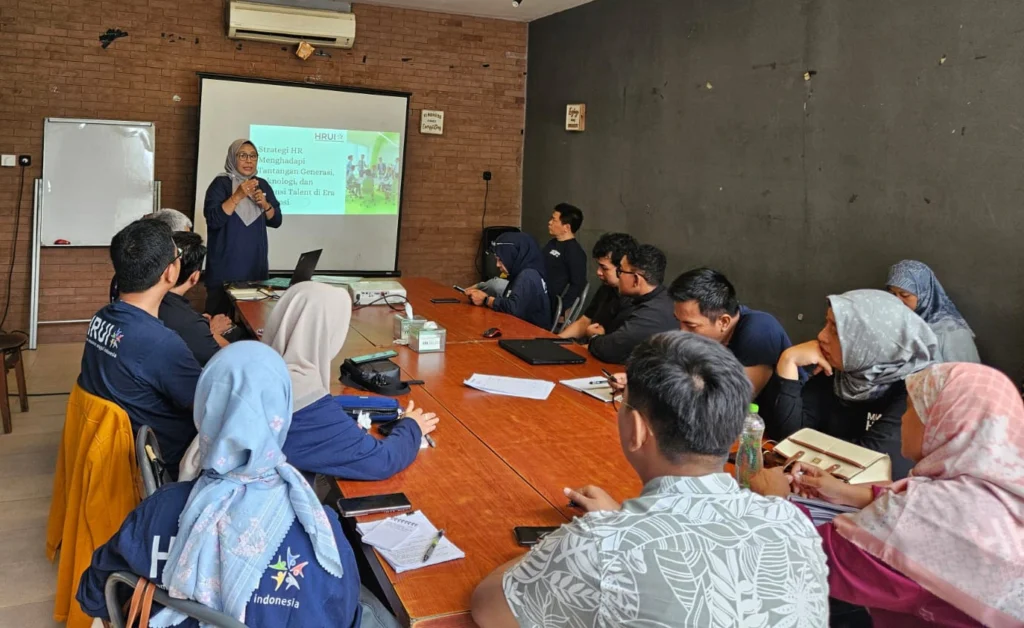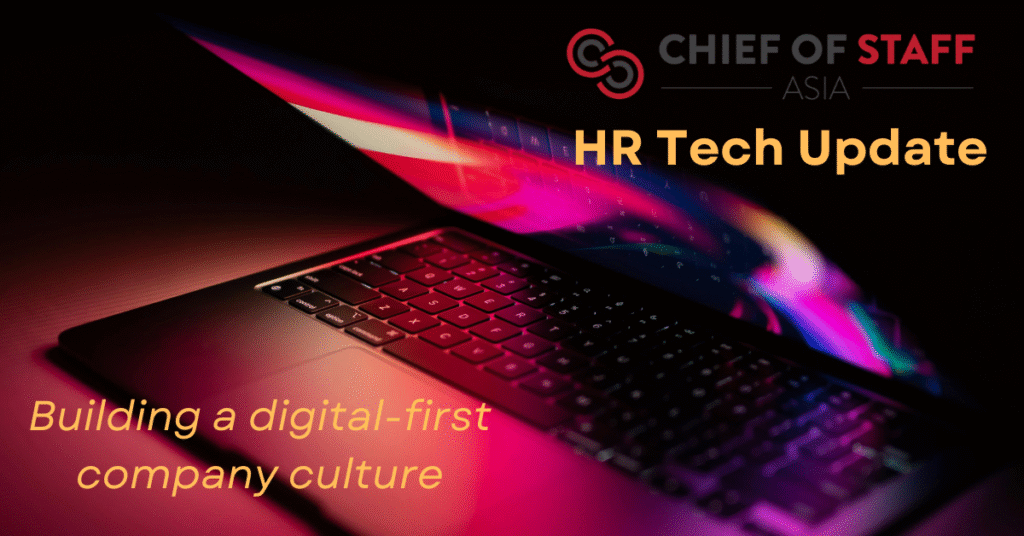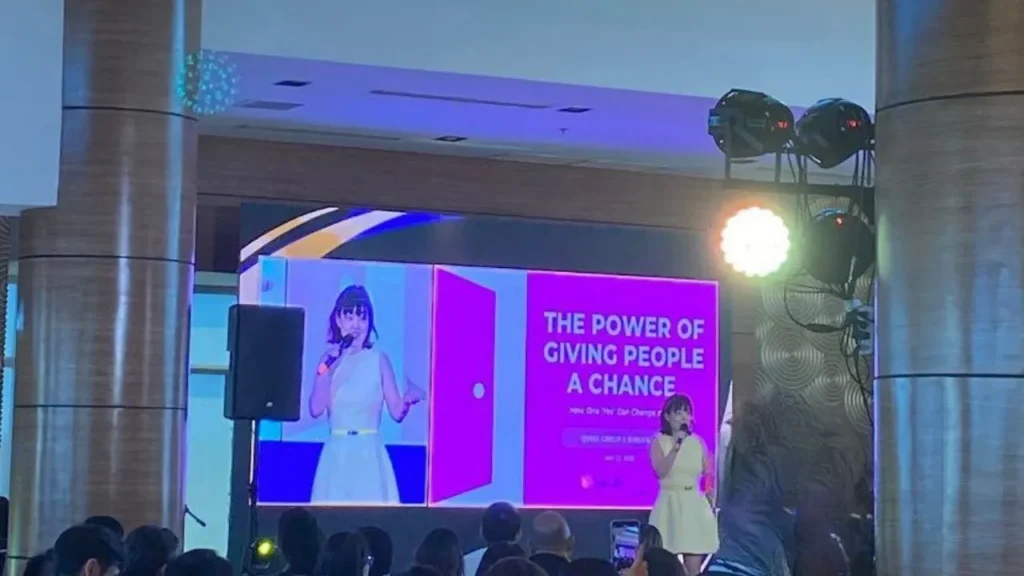The role of HR leadership across Southeast Asia is undergoing profound transformation, evolving from traditional administrative functions into strategic business partnerships. Regional economic integration through ASEAN frameworks has created increasingly competitive talent markets where organisations must navigate complex workforce dynamics spanning multiple countries, cultures, and regulatory environments. Leading regional HR associations indicate that tomorrow’s HR professionals require capabilities extending far beyond conventional personnel management competencies.
This evolution is particularly pronounced in markets like Singapore, Thailand, and Malaysia where mature HR functions face pressure to demonstrate measurable business impact. Meanwhile, emerging economies such as Vietnam and Indonesia are witnessing rapid professionalization of HR roles as businesses scale. Across this diverse region, certain core competencies have emerged as essential for HR professionals aspiring to leadership positions in an environment characterized by technological disruption, cultural complexity, and evolving workforce expectations.
Data literacy and analytics capabilities
Future HR leaders across Southeast Asia must develop sophisticated abilities to leverage workforce data for strategic decision-making. Progressive HR departments in Singapore and Malaysia are implementing talent analytics programmes predicting retention risks and productivity patterns. Vietnamese organisations increasingly use data visualisation techniques to communicate workforce insights to executive leadership. These capabilities require HR professionals to understand statistical concepts, develop critical thinking skills for interpreting data accurately, and translate analytical findings into practical business recommendations. As analytics platforms proliferate across the region, organisations value HR leaders who can move beyond intuition-based decisions to evidence-driven people strategies that demonstrably impact business outcomes.
Cross-cultural intelligence
In Southeast Asia’s diverse multinational environment, HR leaders require exceptional cross-cultural capabilities extending beyond basic awareness. Forward-thinking HR professionals in Indonesia and the Philippines are developing frameworks for evaluating how cultural factors influence performance management perceptions across different nationality groups. Thai HR departments have implemented cultural adaptability assessments in their leadership development programmes. These capabilities help organisations create policies that balance regional consistency with local cultural relevance. Future HR leaders distinguish themselves through abilities to recognise how cultural dimensions affect workplace behaviours, develop culturally-inclusive practices appropriate for multinational environments, and navigate complex intercultural negotiations central to regional talent management.
Digital transformation leadership
As technological innovation reshapes workplaces, tomorrow’s HR leaders must drive rather than merely respond to digital transformation. Progressive HR departments across Singapore and Malaysia are implementing AI-augmented recruitment systems and developing governance frameworks for algorithmic decision-making. HR professionals in Vietnam increasingly lead workplace automation initiatives, focusing on change management aspects. These responsibilities require capabilities to evaluate emerging HR technologies critically, understand integration challenges between systems, and ensure digital solutions align with organisational culture. Successful regional HR leaders demonstrate comfort with technological concepts while maintaining focus on human implications, positioning technology as an enabler of enhanced employee experiences rather than merely an efficiency mechanism.
Strategic workforce planning
Future HR leaders in Southeast Asia’s dynamic markets require sophisticated capabilities in anticipating talent needs across extended time horizons. Progressive organisations in Thailand are implementing competency forecasting models identifying capabilities required for future business strategies. Indonesian HR departments increasingly develop workforce planning scenarios accounting for multiple possible business trajectories. These approaches require HR professionals to understand business operations deeply, translate strategic plans into talent implications, and anticipate emerging skill requirements years before they become critical. As regional competition for specialised talent intensifies, organisations value HR leaders capable of developing proactive rather than reactive workforce strategies aligned with long-term business objectives.
Organisational resilience building
In a region frequently experiencing economic volatility, health crises, and political transitions, tomorrow’s HR leaders must develop capabilities for strengthening organisational adaptability. Malaysian and Philippine companies have implemented resilience audits assessing workforce psychological readiness for disruption. Singapore-based HR departments increasingly develop comprehensive business continuity frameworks addressing human aspects of crisis response. These responsibilities require HR professionals to understand principles of organisational psychology, develop change readiness metrics, and design interventions strengthening workforce adaptability. As regional business environments become increasingly unpredictable, organisations value HR leaders who systematically build workforce capabilities to respond effectively to unexpected challenges while maintaining operational continuity and employee wellbeing.









